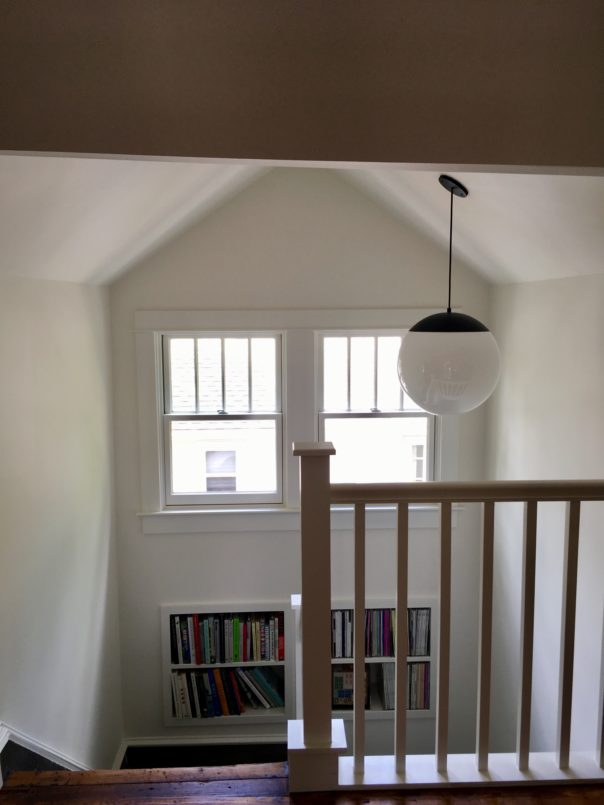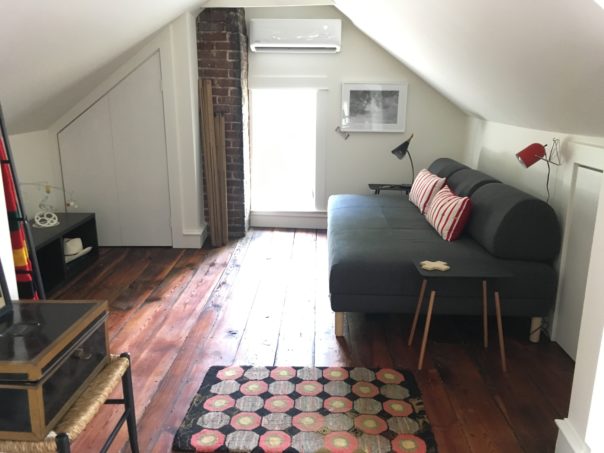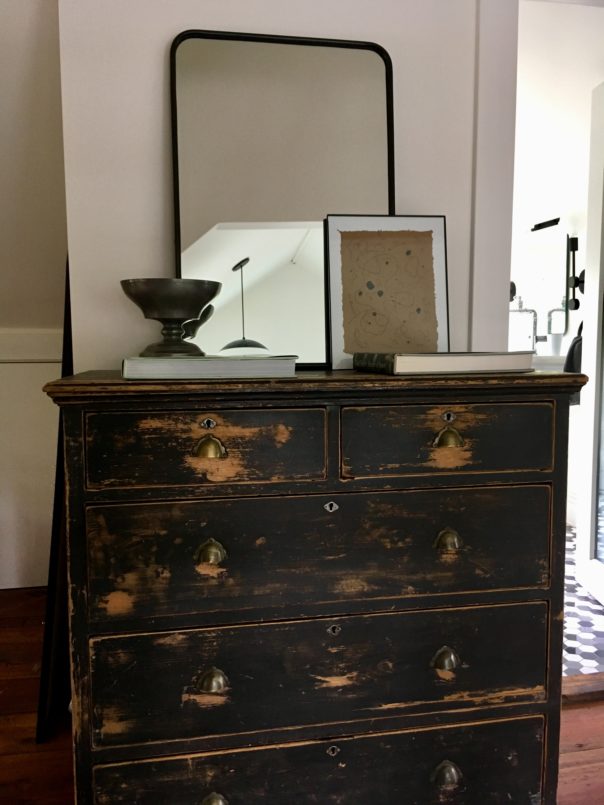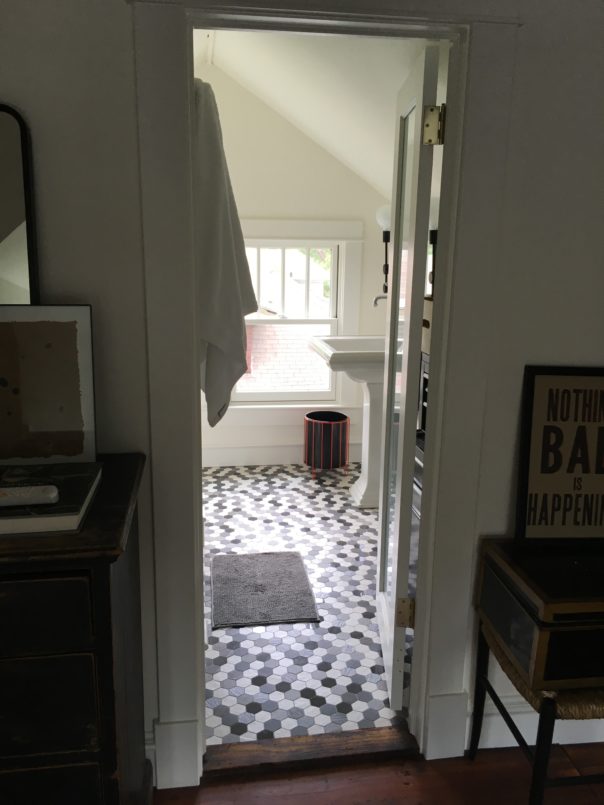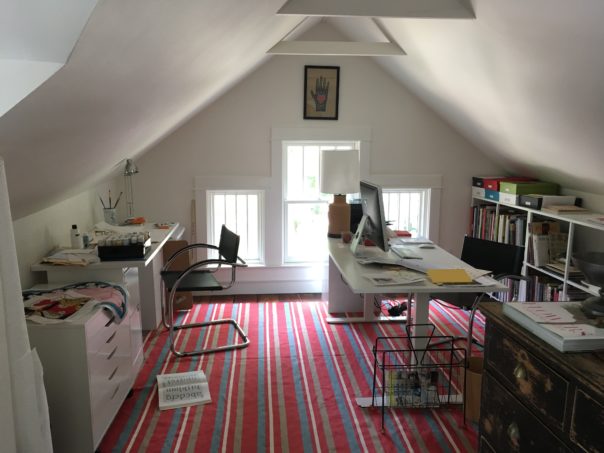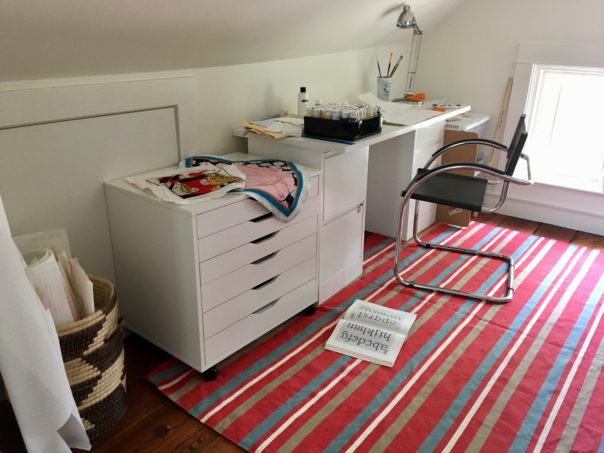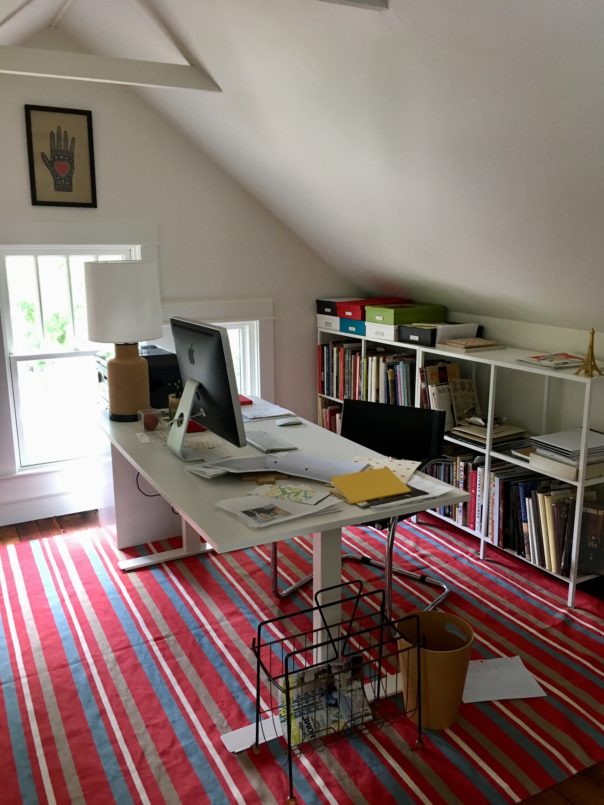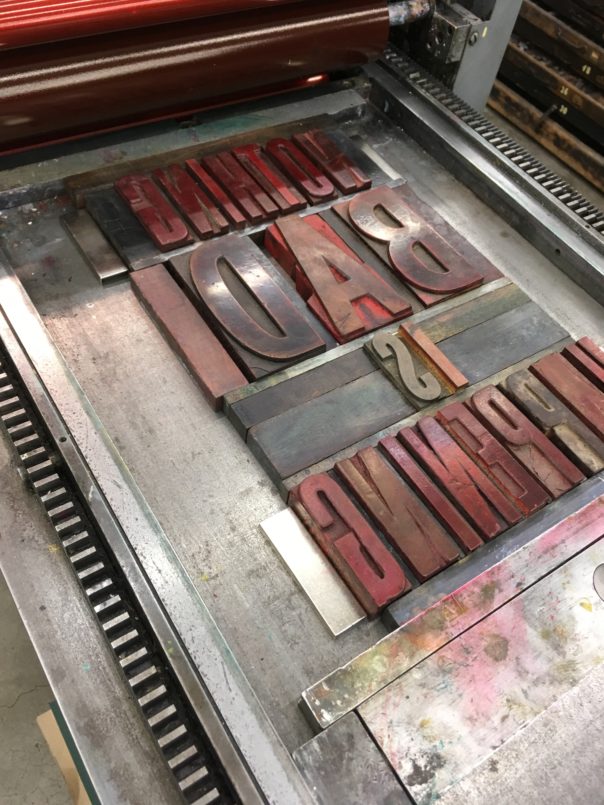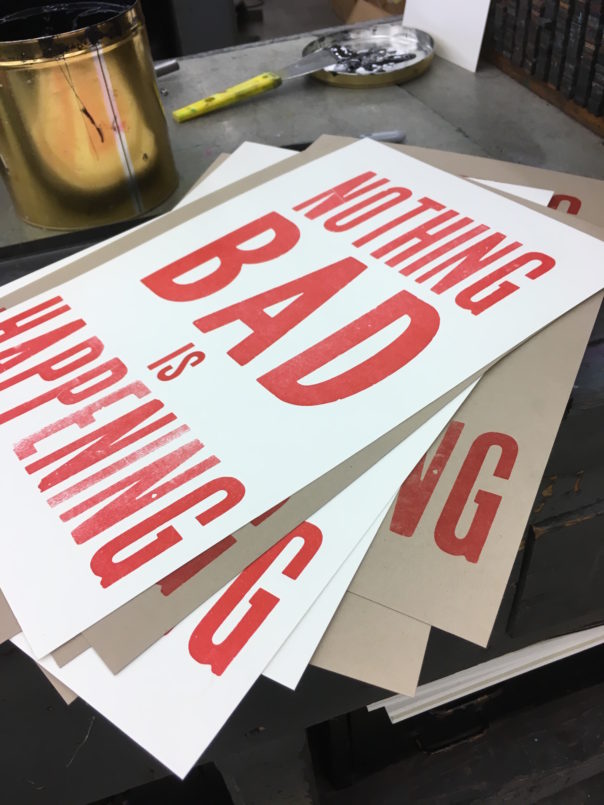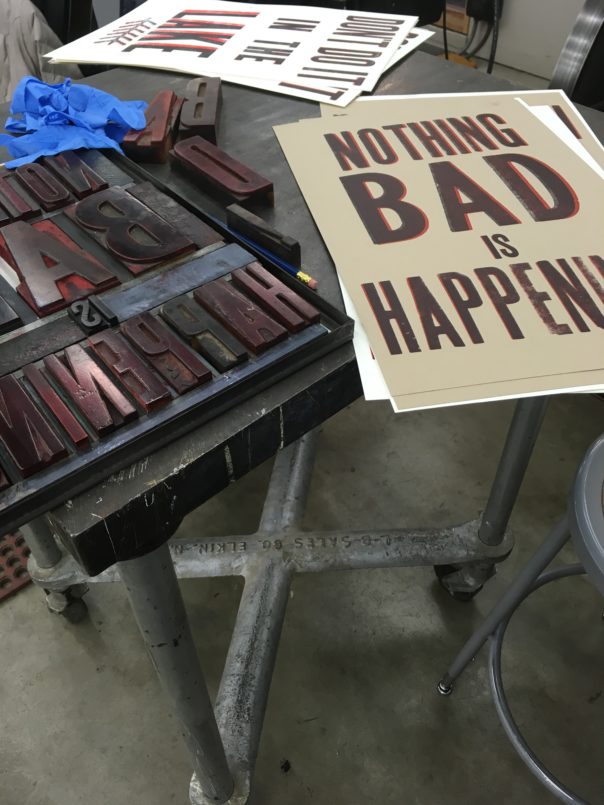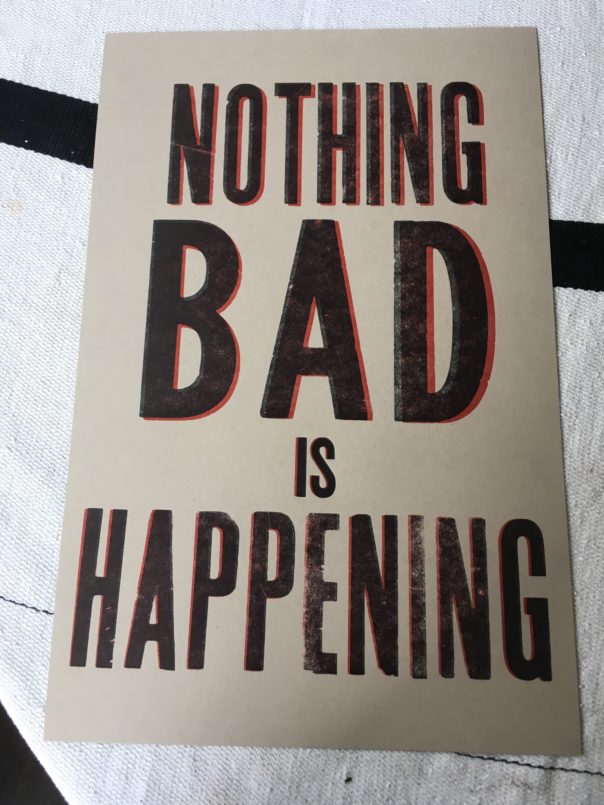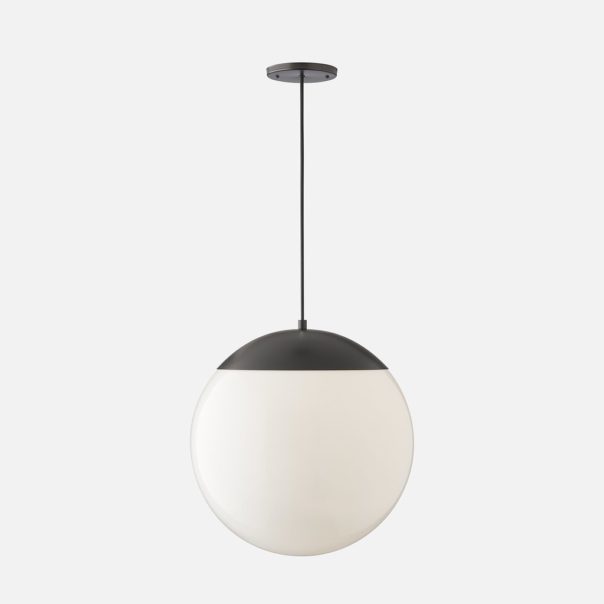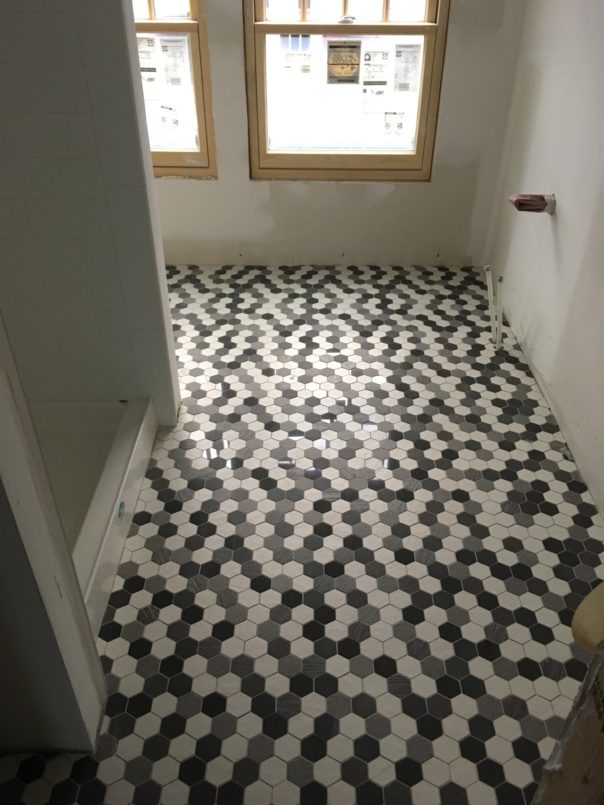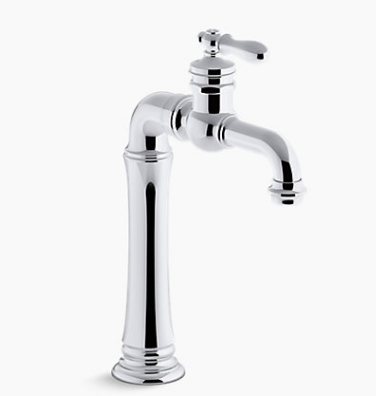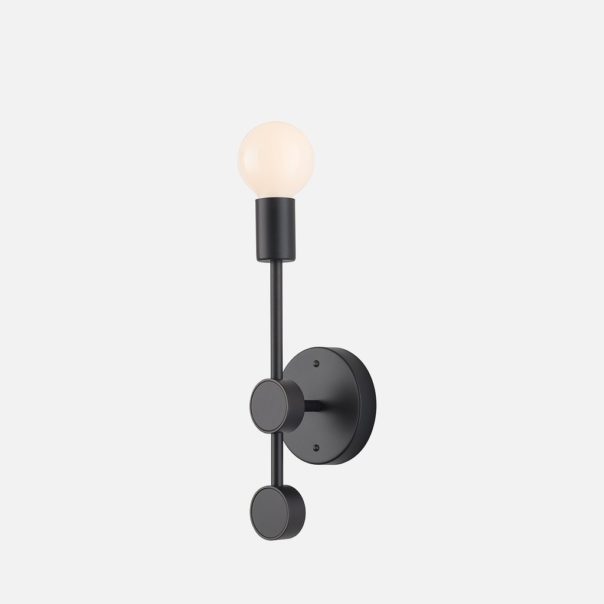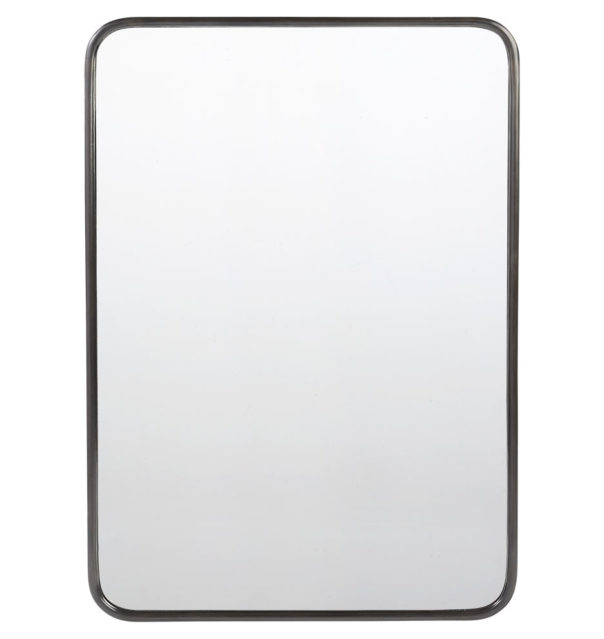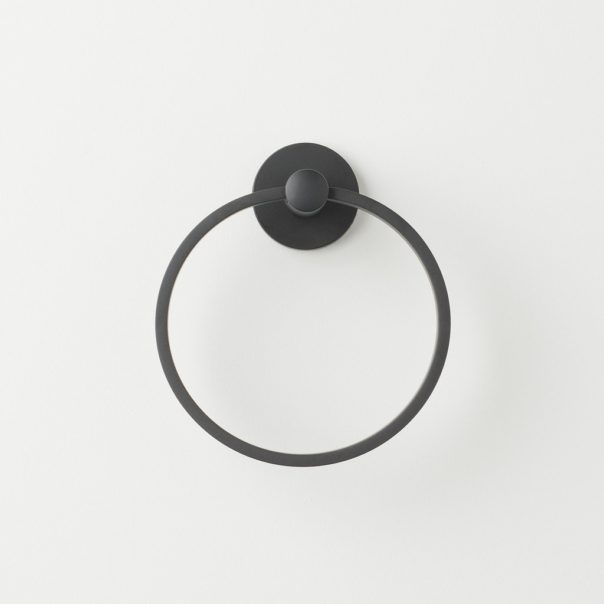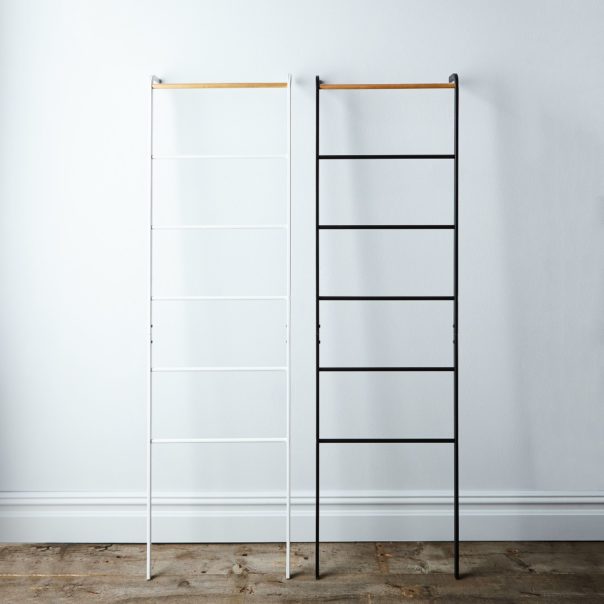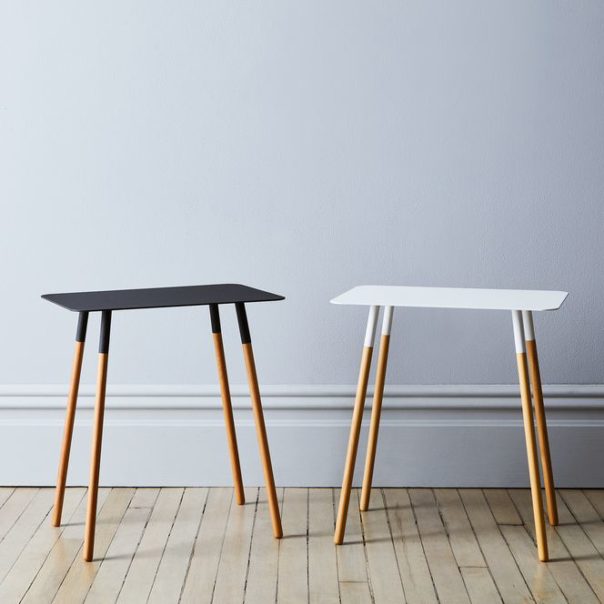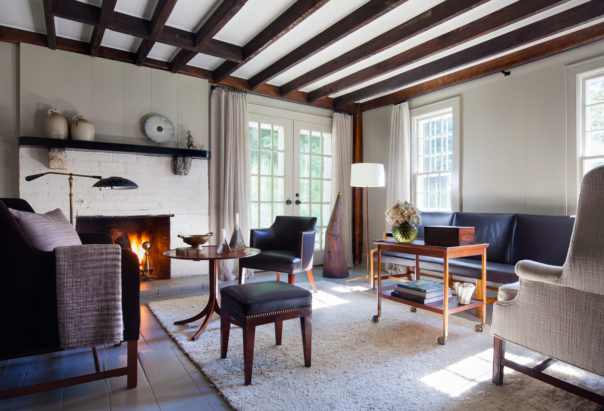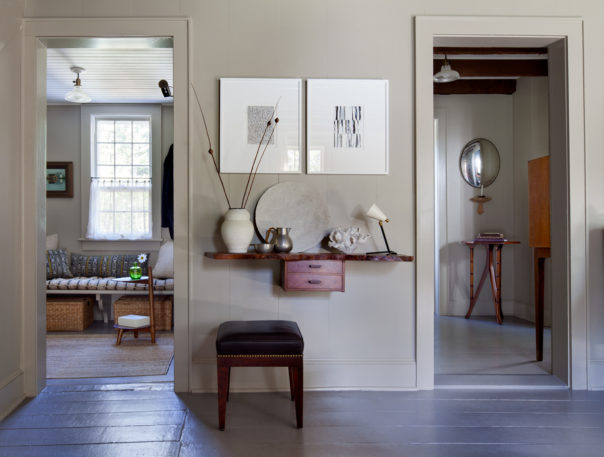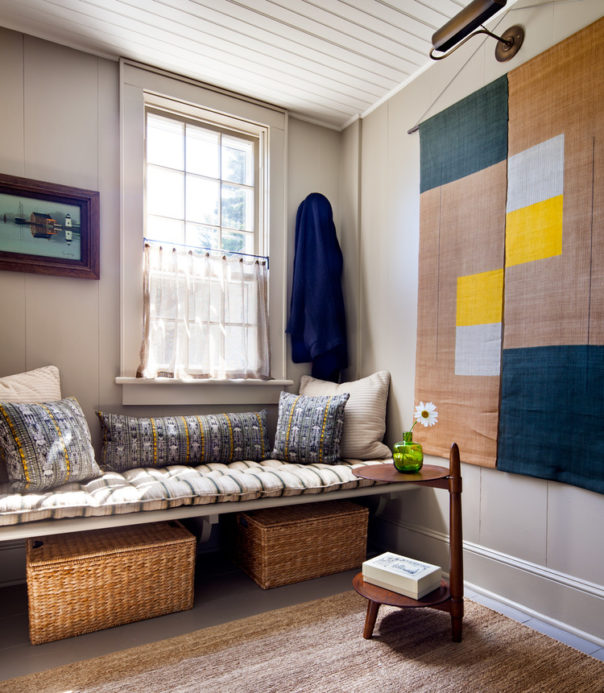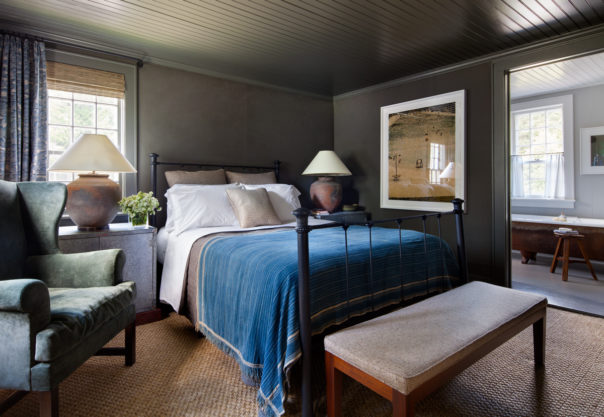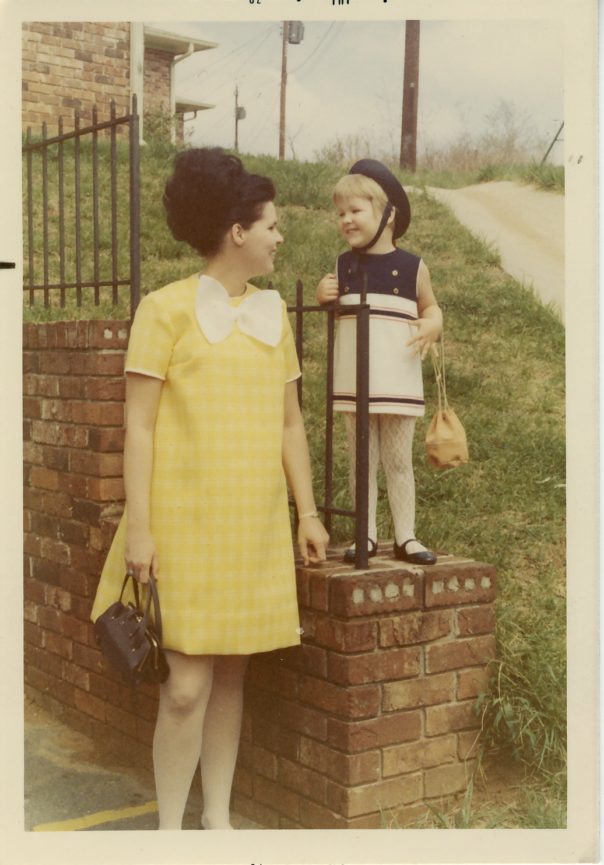
I don’t have breast cancer. I did two weeks ago, but I don’t anymore.
When I went in for my regular mammogram at the first of the year the nurse and I did the regular dance of step up, hold your breath, step back. Except after she scanned my left breast, she told me to wait. She wanted to scan it again.
“I’m sorry,” the nurse said as she pressed my breast flat against one panel, holding it in place as she lowered the other panel, which ground down the length of my breastbone until the machine met the resistance of the tissue. It could go no further.
“Hold your breath,” she said. There was the high squeal of the machine, then release.
“I’m so sorry,” said the nurse.
“Why would you be sorry?” I asked her.
“I know it’s uncomfortable.”
“Don’t worry about my being comfortable. Just take the best picture,” I reassured her.
“You’d be surprised how many women tell me they don’t get regular mammograms because it hurts.”
I’ve done this every year for over ten years. The doctors and nurses watch me closely. My mother died of breast cancer at 52. Several years ago a spot on one of my scans looked funny. I went back for a biopsy, which turned out to be fine. I got the news while I was having lunch with a friend in her kitchen. She opened a bottle of champagne and I went to the 1st grade program a little tipsy and very relieved.
This time it wasn’t exactly fine. My scan showed calcifications. The radiologist, who looked as if he were from central casting – tall, silver haired, glasses, experienced, but not too old – pointed to the screen. The image, charcoal background with my breast visible in lighter grey, showed two areas with sweeping dotted arches that looked as if someone had spilled powdered sugar across a soapstone counter as they spooned it from container to cup.
“This one I’m not worried about,” he said. “This one,” the slender tip of his silver pen made an arc over a series of the tiny white dots on the screen, ”I’m fifty percent worried about.”
I looked at the screen and turned back to him.
“I know you know what you’re looking at. If it’s cancer, just tell me.”
His gaze was steady.
“I don’t know that it’s cancer. But we should biopsy it.”
“What do you think it is?”
“I think it could be ductal carcinoma in situ.”
He and the nurses went on to use terms like, “pre-cancer,” “non-invasive” and “stage zero.” I felt as if I had some sort of cancer-lite. A bother, but no big deal.
One week and one procedure later as I left the room where the doctor had performed the biopsy, the nurse said, “Don’t worry. Ten years ago they discovered my cancer the same way. You’re going to be fine.”
She didn’t realize that until that moment I wasn’t worried. I thought I was fine. Fine, as it turns out, can have a broad definition.
I did have ductal carcinoma in situ. In the seven weeks since the original mammogram, I’ve had a biopsy, out-patient surgery, meetings with a medical oncologist and radiologists and an outpouring of love and support from my partner, family and friends that was not a surprise, but for which I am incredibly grateful.
Last night I was going through my mother’s medical records regarding her breast cancer following an appointment with my medical oncologist. There were details that I remembered and details that I had not retained. There were similarities in her cancer and mine. We were both diagnosed in our early 50s. I was shaken to see that her tumor was in the exact spot that mine had been. “Left breast, 3:00 position.”
This was unsettling. But there were also dissimilarities.
My mother’s tumor was 4 cm. Mine, which could not be felt, was 1.5 cm.
My mother’s cancer had metastasized. Two of her lymph nodes tested positive. My margins were clean.
My mother had a complete mastectomy. I had a lumpectomy, the results of which, even just a few weeks later, are minimal.
My mother’s prognosis was tentative. Mine is entirely positive.
My mother died just over a year after her diagnosis. I will have four weeks of daily radiation and take Tamoxifen for the next five years, not to treat my cancer – I don’t have cancer now – but as preventative measures against recurrence.
There are other lifestyle, and possibly biological, differences between my mother and me. But I believe the single most significant difference is annual mammograms.
My very early stage breast cancer was diagnosed through a regular annual mammogram. There is every reason to believe that I am fine because we caught this so early.
Please, get your mammogram. The discomfort, both physical and emotional, is far less than the physical and emotional toll of the discovery of an invasive tumor.
I’m fine. Get your mammogram.








